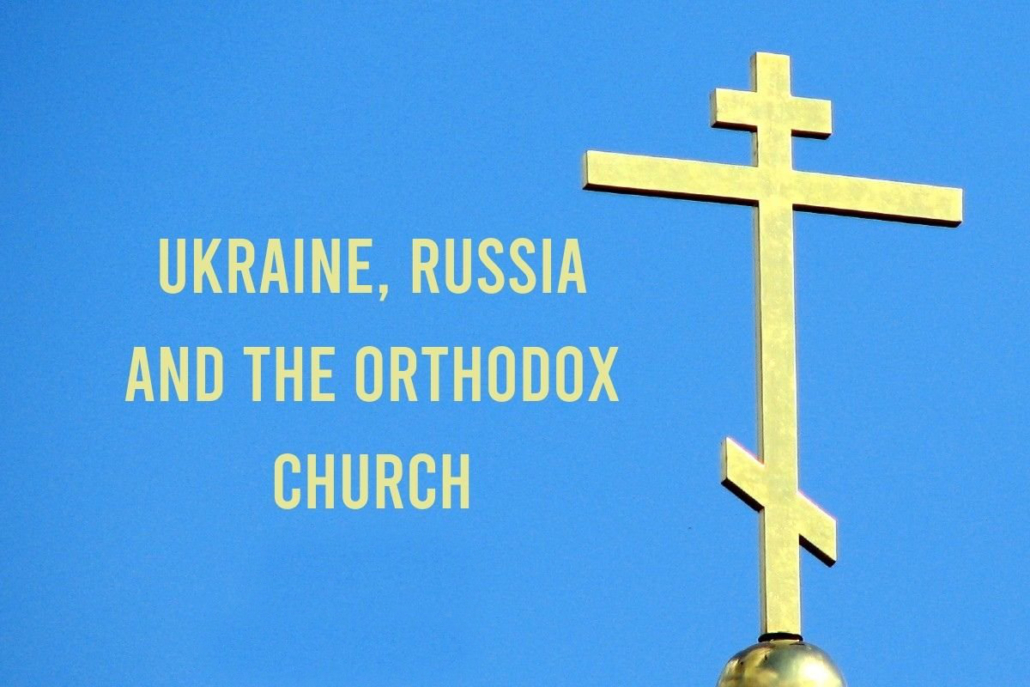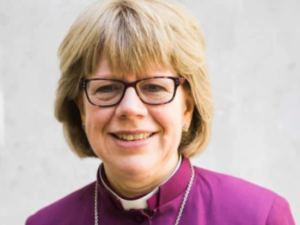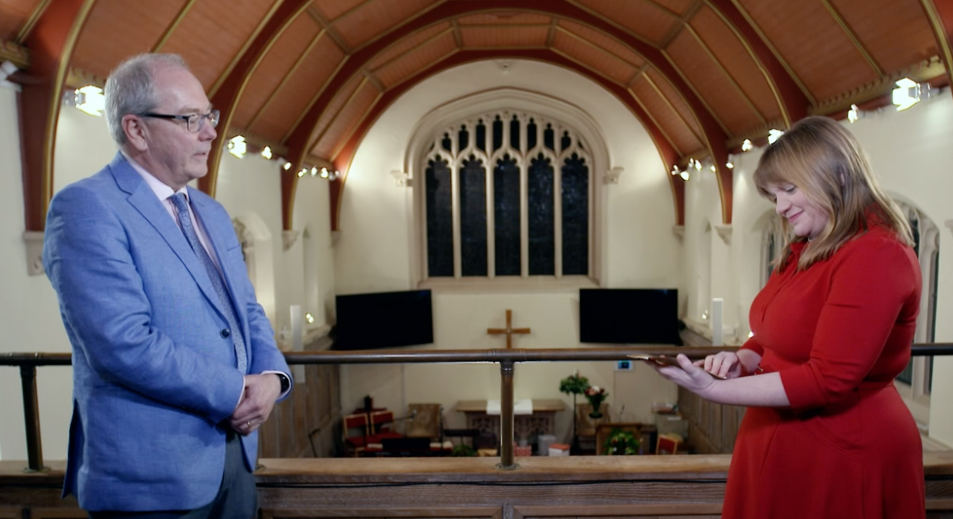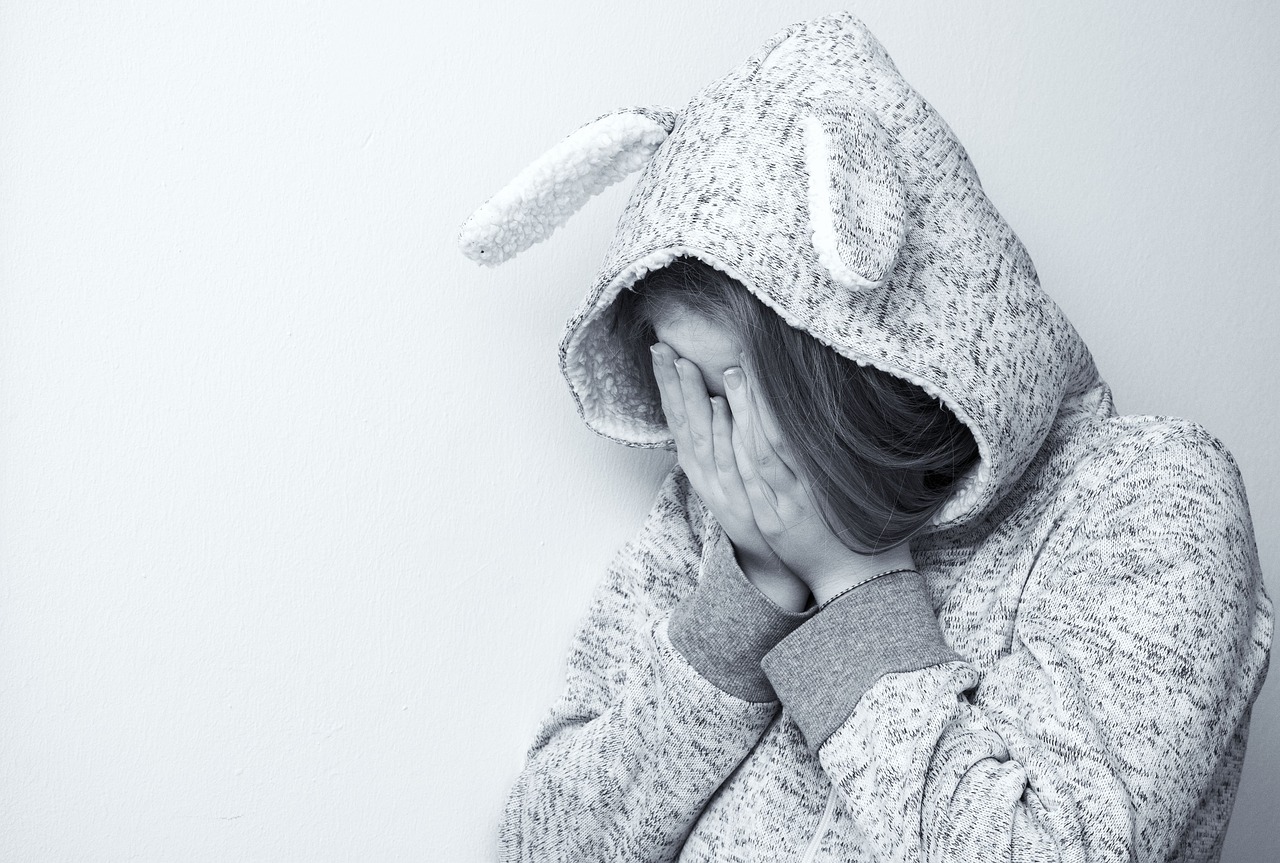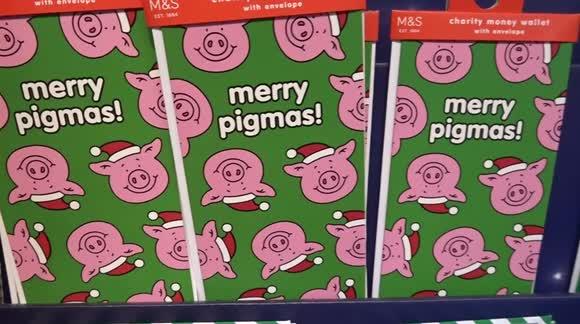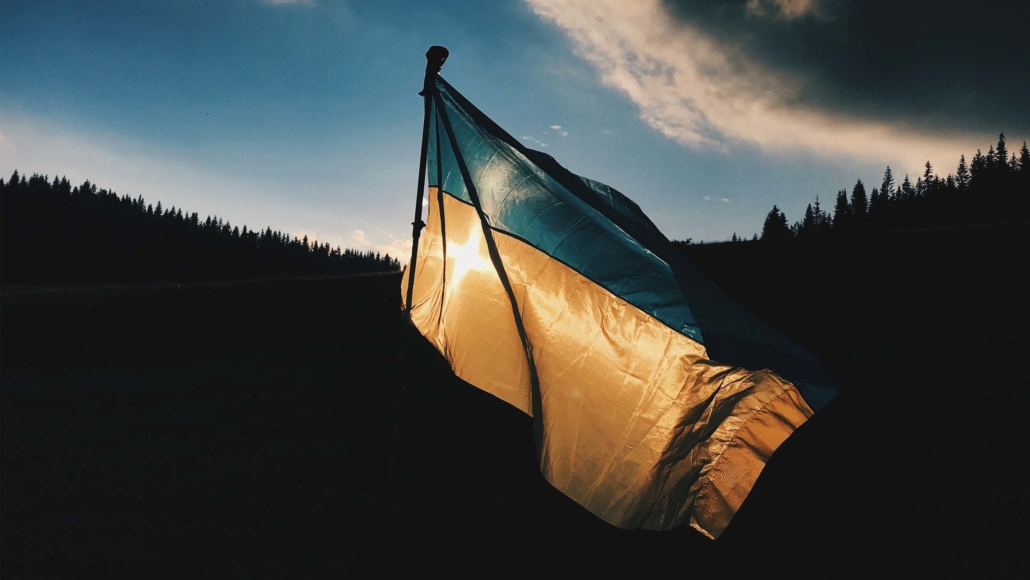
The Archbishops of Canterbury and York have joined other church leaders in condemning the Russian attack on Ukraine as “an act of great evil”.
In a joint statement, Most Rev Justin Welby and Most Rev Stephen Cottrell said: “The horrific and unprovoked attack on Ukraine is an act of great evil. Placing our trust in Jesus Christ, the author of peace, we pray for an urgent ceasefire and a withdrawal of Russian forces. We call for a public decision to choose the way of peace and an international conference to secure long term agreements for stability and lasting peace. We invite Christians to make this Sunday a day for prayer for Ukraine, Russia and for peace. We also give our support to the call from Pope Francis for a global day of prayer and fasting for peace on Ash Wednesday, March 2.”
In an unscheduled Thought for the Day on BBC Radio 4 on Thursday morning, Archbishop Welby said: “To wake up to news of war is terrible. To wake up to its reality is orders of magnitude worse.”
Archbishop Welby said that “peace and justice” can “often seem to contrast, and yet they are opposite sides of the same coin. We seek peace and justice, and that must end with those involved in conflict not having solutions imposed on them, but finding for themselves the way forward towards reconciliation and peace.
“Right at the end of this life, Jesus Christ, on the eve of his crucifixion, spoke to his disciples, and he said something very memorable: ‘In the world you will have trouble, but do not be afraid: I have overcome the world.’ For me and for many of faith the great certainty in the world, the only certainty, is that we know that God does not change.”
Quoting William Shakespeare, Archbishop Welby continued: “Let us find our resolution, our peace, our certainty, not by ‘screwing up our courage’ but in the knowledge of the eternal arms that hold us. May God be with those who suffer today.”
Earlier on Thursday morning, the Bishop in Europe, Dr Robert Innes, wrote on Twitter: “We wake this morning to the sickening sights and sounds of war. Praying for all in Ukraine, for all who are fearful of what lies ahead and for the minimum possible bloodshed.
“At a time of international crisis, please join me in praying fervently for peace in Ukraine and especially for the wellbeing of our little Anglican community of Christ Church, Kyiv (which meets in the German Evangelical Church of St. Catherine’s).”
In a blog post J John suggests four duties for Christians:
Be aware
The naive philosophy of the world is that there is nothing seriously wrong with human beings that science and prosperity will not cure. The invasion of Ukraine shows once more that human beings are inclined to evil and that only the grace of God in Christ can truly bring peace.
Pray*
We believe that God reigns over this world. Let’s pray for those who are frightened and for evil not to prevail.Let’s pray for wisdom among leaders responding to Russia’s invasion.
Care
Pray for those who are caught up in this conflict. Pray for Ukrainian and Russian citizens in our communities here. Look for opportunities for practical care and giving in the coming days.
Share
This darkness is another opportunity to share the light of Christ and the only lasting hope of peace in this world.
Read the whole blog entry here…
* A Prayer for the Ukraine Crisis
Father, today we pray for the escalating situation on the borders of Ukraine and Russia.
We confess that in times of such rapid change and on issues of such complexity, it can be difficult to know how to pray.
So we start with our praise and thanks to you, who remains steadfast and faithful, all-seeing and all-knowing.
We re-orientate ourselves in you, your timescales, your ways and your purposes.
We remind ourselves of your love for this earth you formed and those you created in your image.
We struggle to see clearly through confusion and misinformation, yet recognise an age-old lust for power, control and violence.
We pray for those already fleeing homes and livelihoods, for those who are fearful and vulnerable.
We pray for peacekeepers on the ground and those seeking to defend life and liberty.
We remember how Jesus resisted being co-opted into the religious and political uprisings of competing empires. We remember how Jesus spoke to heal the sick, calm the storm and raise the dead. We too pray for powerful words and miraculous actions – for de-escalation, peace and justice, repentance and restoration.
On earth as it is in heaven, and for our faithful witness until then,
Amen.
Prayer by David Smyth, Head of Northern Ireland Evangelical Alliance.



